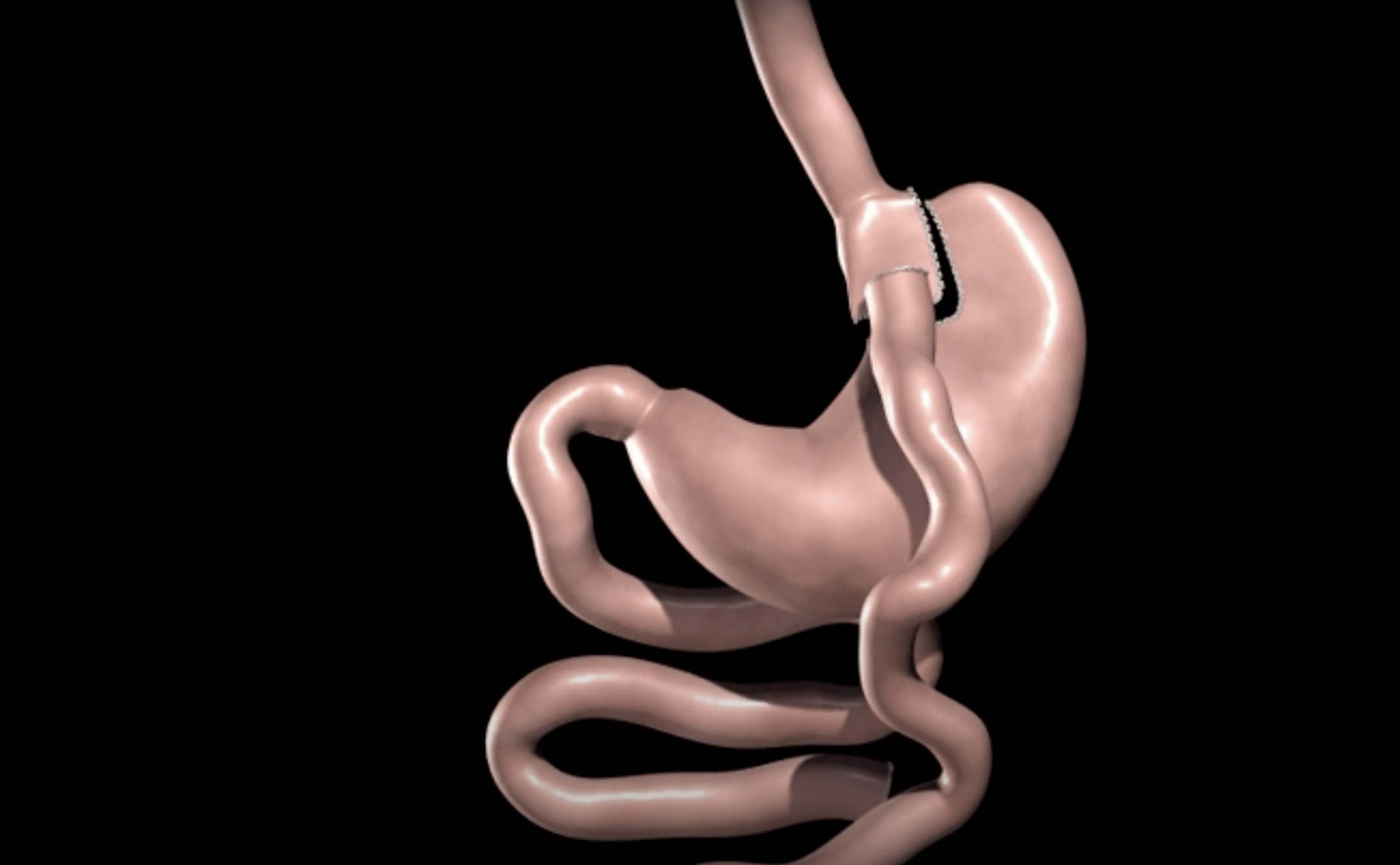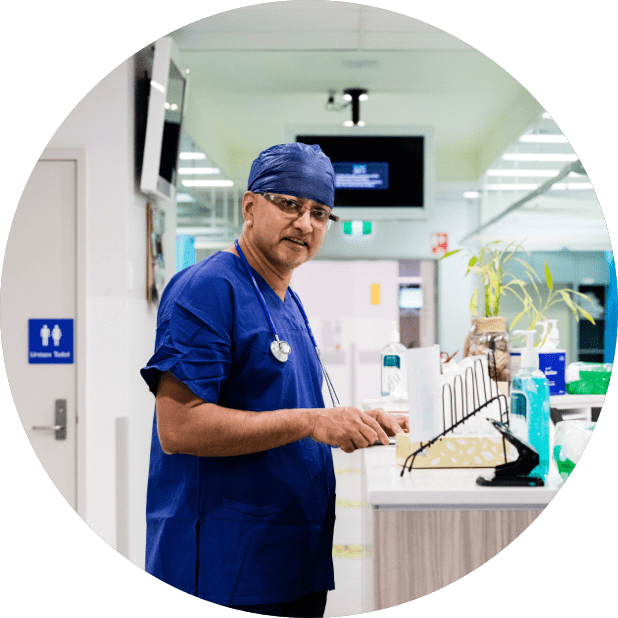
The gastric bypass operation is truly a bypass of the stomach. During the surgery, the stomach is divided into two sections: a small upper pouch and a larger lower pouch. The small intestine is then rearranged to connect the upper pouch directly to a lower section of the small intestine, bypassing a portion of the stomach and the first part of the small intestine (duodenum). This creates a “Y” shape, which gives the surgery its name.
Gastric bypass surgery works through two main mechanisms:
Gastric bypass surgery can result in significant weight loss. The combination of restriction and malabsorption contributes to weight loss by reducing the amount of food intake and the body’s ability to absorb calories. Patients can expect to lose 50-80% of their excess weight within the first year post-surgery. The exact amount can vary based on individual compliance with dietary and lifestyle changes.
Many patients achieve substantial and sustained weight loss after the procedure. Other important improvements include:
Other potential benefits of a gastric bypass include eliminating gastro-oesophageal reflux disease (GORD), or “heartburn”, which some patients have due to an underlying hiatal hernia defect or from prior gastric sleeve surgery.
To be eligible for gastric bypass surgery, patients are put through a thorough pre-surgery evaluation, including medical and psychological assessments to determine their suitability for surgery. A successful outcome requires significant lifestyle changes, including adopting a healthy diet, regular exercise, and long-term follow-up with medical professionals.
Most patients who undergo gastric bypass surgery meet the following criteria:
View the Indications for Metabolic and Bariatric Surgery Guidelines from the American Society for Metabolic and Bariatric Surgery (ASMBS) and International Federation for the Surgery of Obesity and Metabolic Disorders (IFSO) here.
Like any surgical procedure, there are potential risks and complications, including infection, bleeding, blood clots, and adverse reactions to anaesthesia.
* Cost shown includes all fees for Dr Govind Krishna + surgical assistant + anaesthetists + hospital fees + dietitian and exercise physiologist for one year + consult with psychologist, all inclusive of GST.
For more costing information and ways to fund your surgery, click here.
Gastric bypass surgery is a major decision that requires careful consideration and consultation with medical professionals. It is essential to fully understand the procedure, potential risks, benefits, and the necessary lifestyle changes for long-term success.
Dr Govind Krishna is an expert is weight loss surgery with 25+ years of experience performing gastric surgery. He has performed over 2,500+ weight loss and gastric operations and offers affordable surgical solutions for those seeking weight loss surgery.
He offers an empathetic, non-judgemental approach to weight loss management and his mission is to help his patients restore their health and move on with their lives.
Dr Krishna holds a Master of Surgery (MS) Degree specialising in gastric surgery and is a Fellow of the Australasian College of Surgeons (FRACS).
Dr Krishna’s consults patients from South-Western Sydney at his Wetherill Park clinic.
Learn more about Dr Krishna’s significant weight loss surgical experience below.

Book a consultation with Dr Govind Krishna and explore your weight loss options.